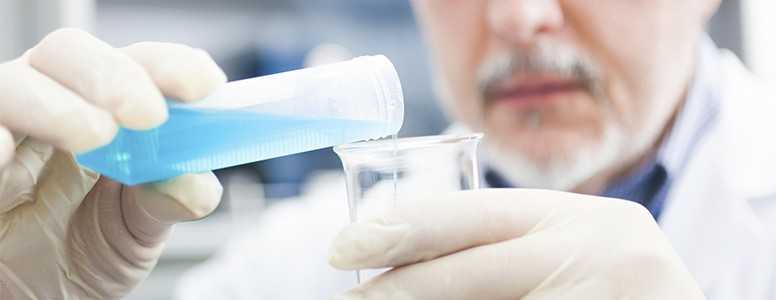A type 2 diabetes trial finds that a new treatment could improve the health of patients with the condition.
This new treatment technique, called Revita, has been developed by US company Fractyl Laboratories. Six months after receiving the treatment, type 2 diabetes participants had improved metabolic markers, such as improved HbA1c, with no serious adverse effects.
The Revita procedure involves endoscopic duodenal mucosal resurfacing. The first part of the treatment, which is minimally invasive, entails a thin tube being inserted down a patient’s throat.
A deflated silicone balloon is attached to the end of the tube, and once the balloon reaches the duodenum (the first section of the small intestine), it inflates and hot water is pumped through the surrounding tissue. This burns away some of the lining of the intestine and helps to improve patients’ ability to absorb and process sugar.
This new trial, conducted in Chile, saw the procedure trialled on 39 patients with type 2 diabetes who were then put on a low-calorie diet for two weeks – they later transitioned from consuming liquids to pureed foods. All participants had an HbA1c of 7.5-12% (58.5-107.7 mmol/mol) and took one or more antidiabetic drugs at the beginning of the study.
After six months, patients had an average HbA1c reduction of 1.6% and any adverse events were all resolved with treatment.
Alan D Cherringto, PhD, Vanderbilt University, Nashville, Tennessee, explained: “While further examination of duodenal mucosa resurfacing efficacy, safety, and clinical utility is needed, this study demonstrates the promise of this novel, endoscopic, duodenum-directed treatment of type 2 diabetes.”
Following the success of this trial, Cherrington and colleagues are now recruiting for a large international follow-up trial, called REVITA1, to assess how the mechanism of action works and to gather further findings.
The researchers report that the results are similar to those seen with bariatric surgery and hope that positive findings from this larger study could provide clinicians with a new type 2 diabetes treatment option.
The study was presented at the American Diabetes Association (ADA) 2016 Scientific Sessions.
What's new on the forum? ⭐️
Get our free newsletters
Stay up to date with the latest news, research and breakthroughs.






